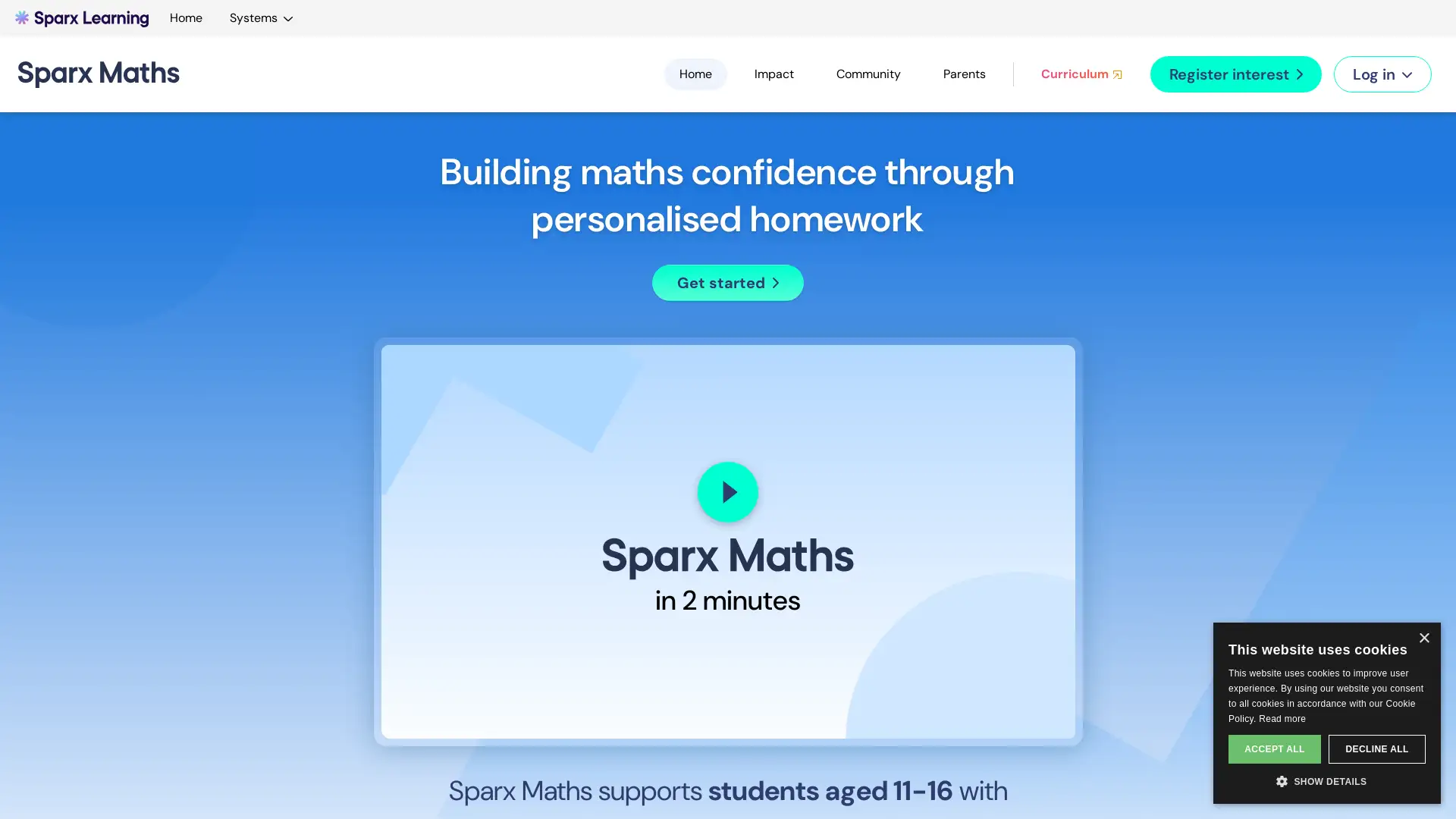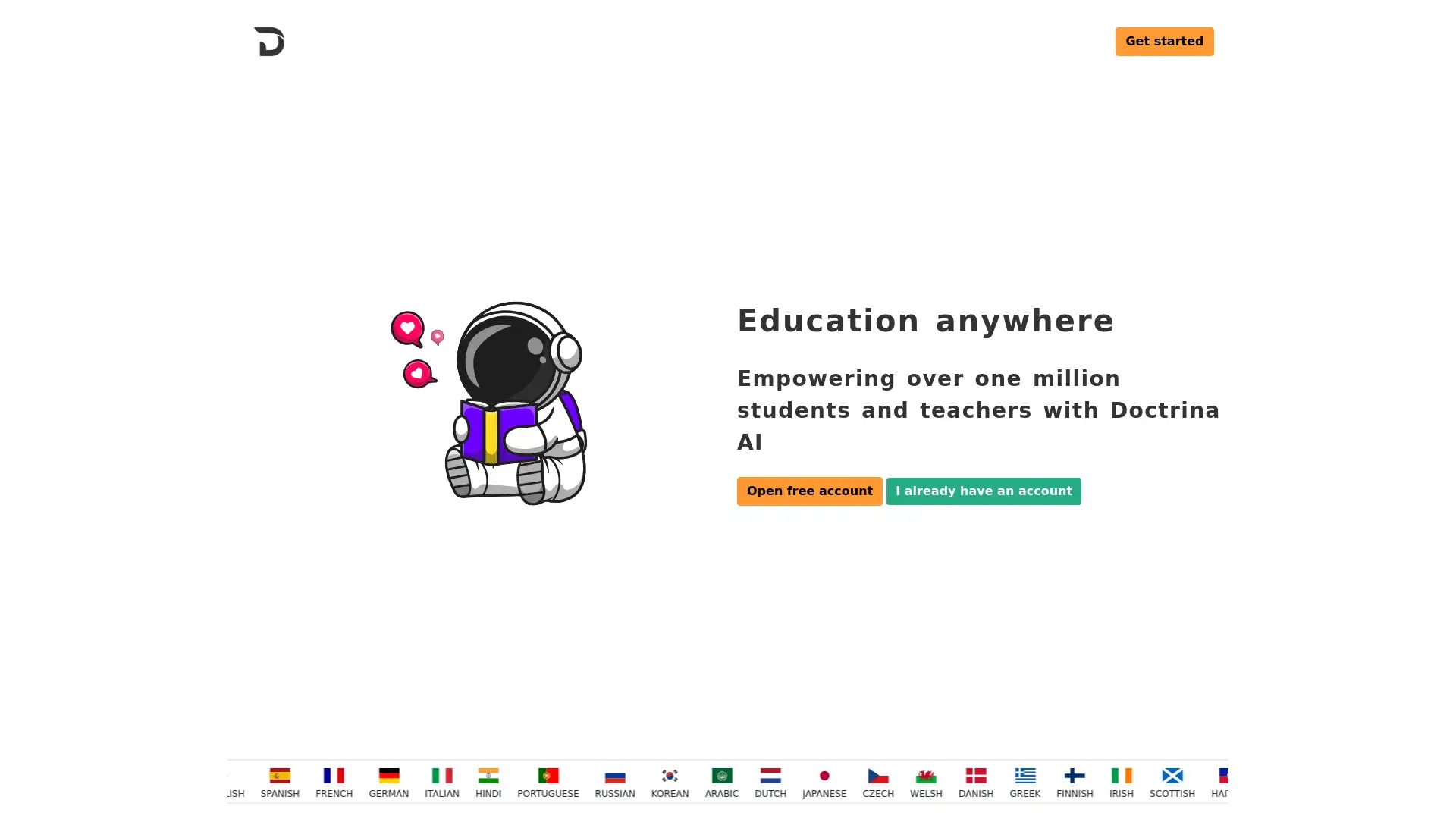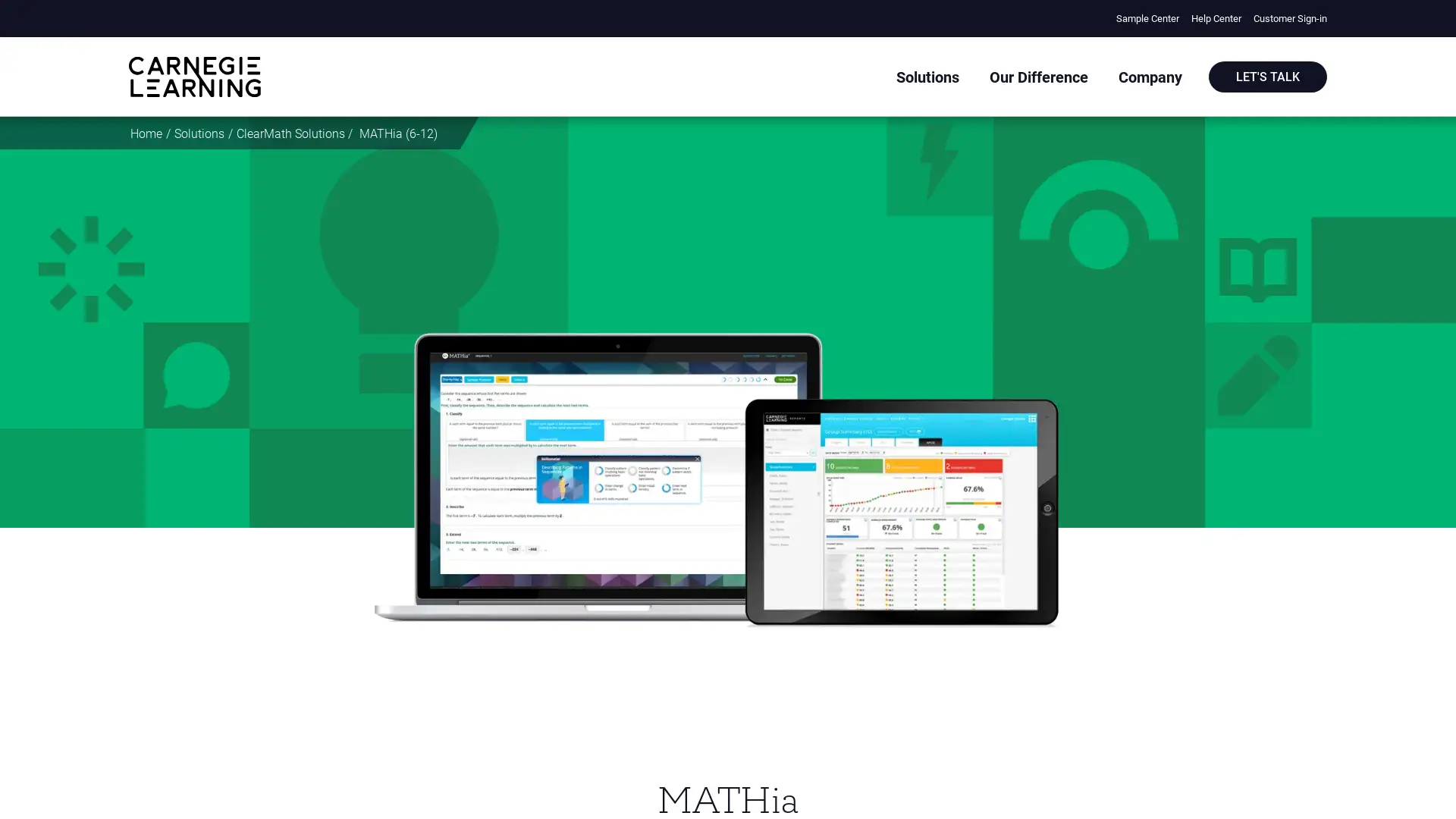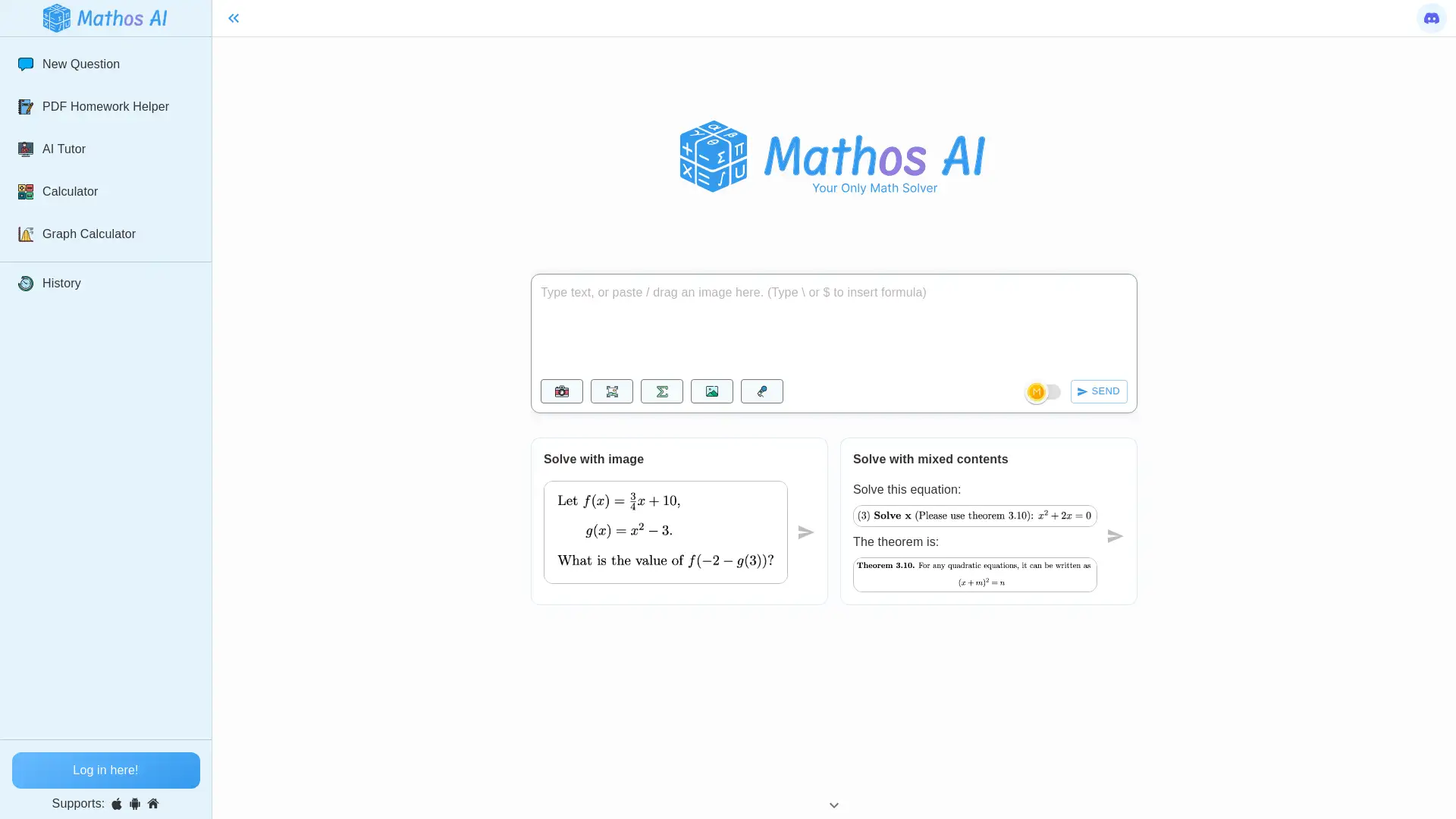Best 11 AI Tools for Math Learning in 2024
StepWisemath AI, Socratic, Photomath, Math Papa, Sparx Maths, Geogebra, Doctrina AI, Delta Math, Mathia, Desmos, MathGPT Pro are among the best paid and free Math Learning tools available.
Understanding AI Tools for Math Learning
AI tools for Math Learning are specialized software platforms that utilize artificial intelligence to enhance the teaching and learning of mathematics. These tools are designed to provide interactive, personalized math experiences, such as creating customized math assignments, tracking student progress in real-time, and offering AI-driven support for both educators and students. They focus on addressing a wide range of mathematical topics, from basic arithmetic to advanced calculus, while also enabling adaptive learning paths tailored to individual student needs. By leveraging AI, these tools make math more accessible and engaging, ensuring learners receive real-time feedback and targeted problem-solving guidance.
Key Features of AI-Powered Math Learning Tools
AI tools for Math Learning are equipped with several key features that make them versatile and highly effective. These tools can generate custom math assignments based on individual skill levels, enabling differentiated instruction. Real-time analytics allow educators to track student progress, offering insights into strengths and areas for improvement. Interactive features, such as step-by-step problem-solving guides and visual learning aids, make complex mathematical concepts easier to grasp. Additionally, AI can adapt the difficulty level dynamically based on user performance, ensuring a personalized learning experience. Tools in this category often integrate with classroom management systems, making it easier for teachers to monitor, evaluate, and support their students.
Who Should Use AI Tools for Math Learning?
AI tools for Math Learning are ideal for a broad range of users, from students and educators to tutoring centers and educational institutions. Students at all levels can benefit from personalized learning experiences, while educators can use these tools to track progress and tailor lessons to individual needs. Novices with no coding skills will find these platforms user-friendly, while advanced users, such as developers and educators with technical skills, can further customize the tools for specialized use cases. These tools are particularly beneficial for those seeking to improve math comprehension, enhance student engagement, and streamline lesson planning.
Additional Insights on AI-Driven Math Learning
AI tools for Math Learning can transform educational approaches across various sectors. Their user-friendly interfaces allow for easy adoption by students and teachers alike. These tools can be integrated into existing educational systems, providing seamless workflows for educators and enhancing student engagement. Furthermore, AI allows for differentiated instruction by analyzing student performance and offering tailored feedback, thus improving learning outcomes in both individual and group settings. The ability to generate interactive visual aids, as well as the real-time progress tracking, makes these tools invaluable for mathematics education in both traditional and online learning environments.










